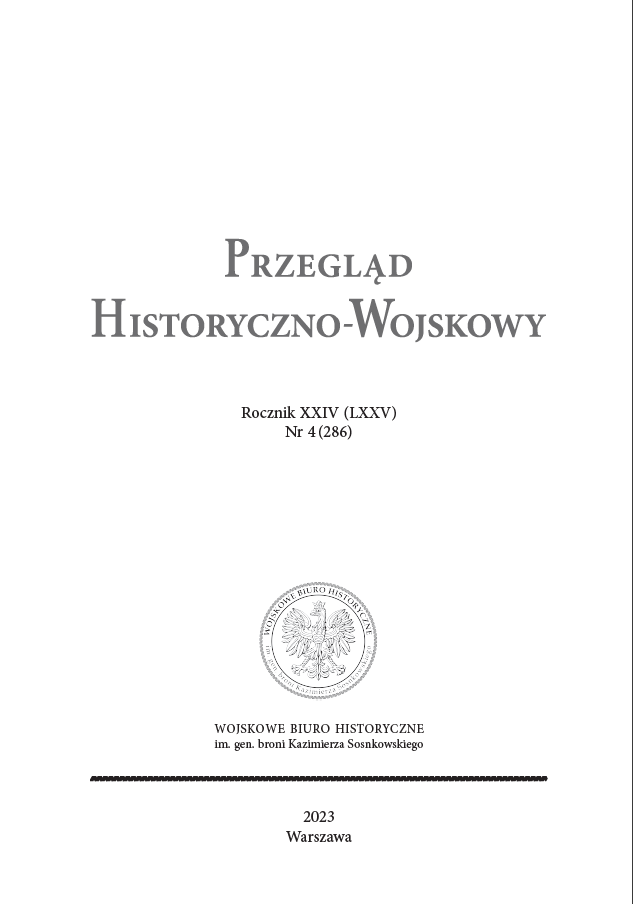„Kontrrewolucjonista i sabotażysta”. Major dr Franciszek Michał Amałowicz ps. „Tatar” – lekarz, oficer Wojska Polskiego i Armii Krajowej w obozach sowieckich
„Counter-revolutionary and Saboteur”. A Biography of Major Dr. Franciszek Michał Amałowicz „Tatar” – Doctor, Officer of the Polish Army and Home Army
Author(s): Dariusz RogutSubject(s): Politics / Political Sciences, History, Military history, Recent History (1900 till today)
Published by: Wojskowe Biuro Historyczne im. gen. broni Kazimierza Sosnkowskiego
Keywords: Franciszek Michał Amałowicz „Tatar”;doctor;officer;Polish Army;Home Army;Second Polish Republic;communist repressions;security apparatus;NKVD;Soviet camps;Soviet repressions
Summary/Abstract: Franciszek Michał Amałowicz „Tatar” was born on 28 September 1903, in Lviv. As a 15-year-old volunteer Amałowicz fought against the Ukrainians in 1918 in defence of his city, after which he participated in the Polish-Soviet War of 1919– 1920 and the Third Silesian Uprising in 1921. Amałowicz then studied medical science at the Sanitary Training Centre and the Central Institute of Physical Education, graduating in 1929. As a Doctor of Medical Science and a Major in the Polish Army he fought in the ranks of the 55th Infantry Regiment of the 14th Infantry Division of the „Poznań” Army during the Polish campaign of 1939 against the Germans. In 1940, he joined the Home Army (Armia Krajowa), and in November 1942, he became the commander of the 3rd region „Dęby” of the „Obroża” District (Rembertów). On 9 November 1944, as a victim of Soviet repression, he was sent to a special camp of the Main Directorate of Information of the Polish Army in Skrobowo near Lubartów, he was then deported to the Народный комиссариат внутренних дел (NKVD) POW camp No. 388 in Stalinogorsk (now Novomoskovsk), and later to the NKVD control and filtration camp No. 283 in Stalinogorsk. Convicted as a „particularly dangerous criminal”, he was sent to various camps as a political prisoner, including the correctional labour camp at Viatsky, Special Camp No. 1 Mineralny (Минеральный-Минлаг) near Inta, and camp No. 476 of the USSR Ministry of Internal Affairs in the city of Asbiest. He was returned to Poland in 1954. At the beginning of 1970, Major Amałowicz was operationally investigated by the Security Service. He died in Józefów near Warsaw on 16 April 1975, at the age of 72.
Journal: Przegląd Historyczno-Wojskowy
- Issue Year: XXIV/2023
- Issue No: 4
- Page Range: 186-216
- Page Count: 32
- Language: Polish

